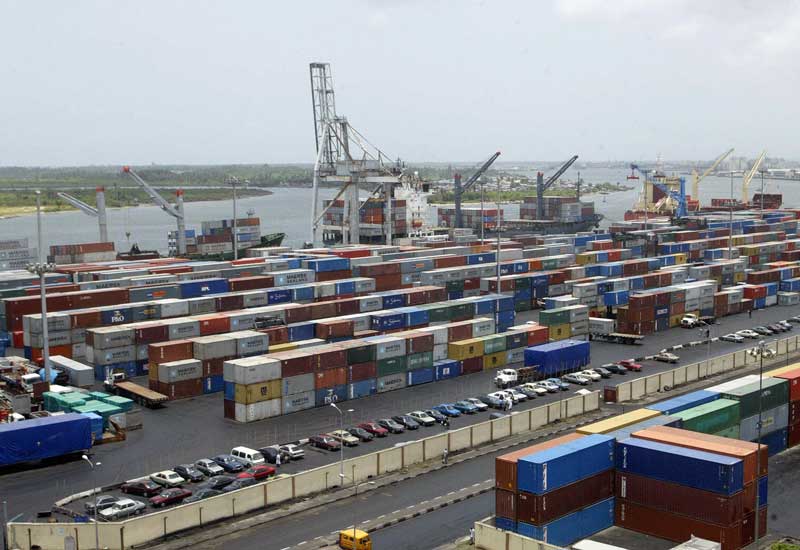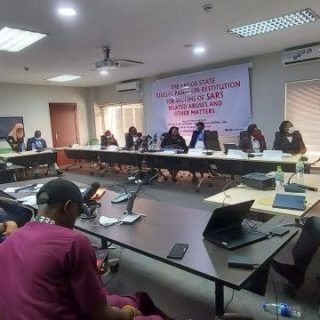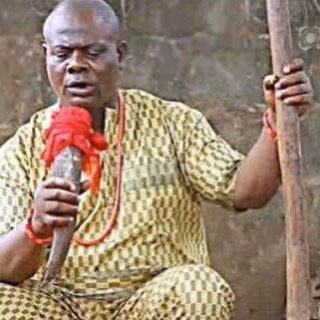Citizen is a column that explains how the government’s policies fucks citizens and how we can unfuck ourselves.
Yesterday reports filtered in via social media that the Onitsha River Port is now functional.
Tolu Ogunlesi, Special Assistant to the President on New Media, also stated that Maersk, the shipping giant, will be sending container ships that are due to leave Shanghai, China on October 10 directly to the Onne Port. The containers will berth at the Onne Port Terminal on November 25, after which they can be taken via trucks straight to the Onitsha River Port.
Meanwhile, the Area Manager of the National Inland Waterways Area Office, Onitsha, Anambra State, Mrs Queen Uba had already stated in an interview in September that the Onitsha River Port will commence full operation within the first three months of 2021.
Nigerian Ports
There are six major ports currently operated and regulated by the Nigerian Ports Authority, including the Lagos Port Complex, Tin Can Island Port, Rivers Port, Delta Port and the Onne Port.
The Onitsha River Port was built in 1983 by President Shehu Shagari, and rehabilitated and commissioned by the Goodluck Jonathan Administration in 2012. However, the Port has not been functional in almost 40 years.
Read: Does The Kano To Niger Rail Make Sense?
What This Means
Nigeria ranked 182 out of 190 countries in the 2017 World Bank “Trading Across Borders” report, which measured the effectiveness of Ports.
Now, this situation is not unconnected from the fact that 70% of the total container goods coming into Nigeria pass through Apapa and Tin Can Island Ports in Lagos, leading to a lot of challenges including road congestion, delayed goods clearance, unequal economic development and so on.
With the development and usage of other Sea Ports in the country, we can reduce the pressure that is placed on Lagos’ Ports while distributing goods more efficiently to other parts of the country.
For instance, in August this year, the Onne Port Terminal received the largest ever container vessel to berth in Nigeria. The Calabar Port also received container ships in 2019, for the first time in 15 years.
With this connection of Ports in the Eastern and Southern Parts of Nigeria, the ease of doing business will definitely increase, as access to goods become faster.
Check back every weekday for more Zikoko Citizen stories.





